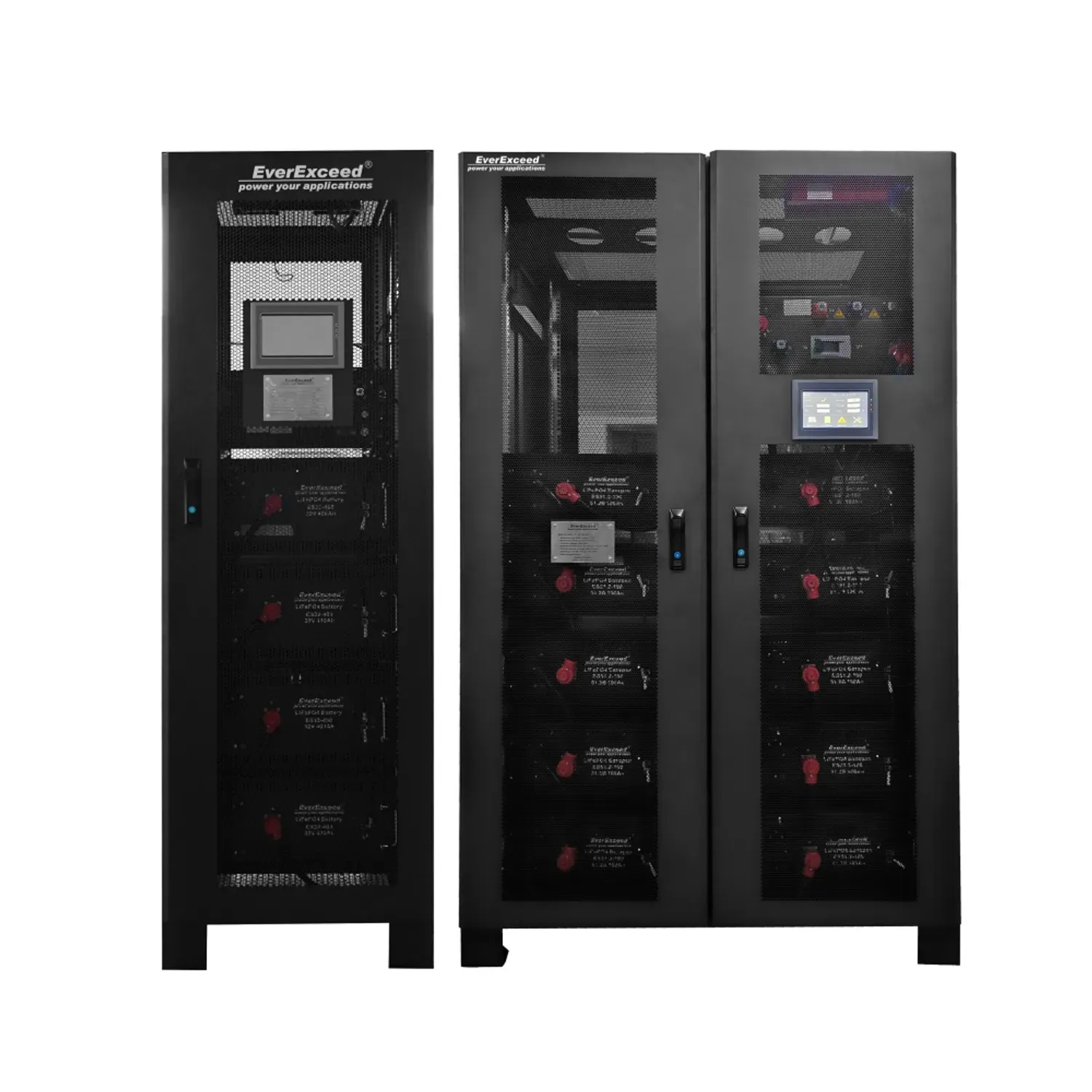
Get a Quote
What is the UPS Battery Formula?
Uninterruptible Power Supply (UPS) systems are crucial for ensuring that businesses, data centers, and critical infrastructures remain operational during power outages. At the heart of every UPS system lies the UPS battery, which is essential for maintaining a continuous power supply. Understanding the "UPS battery formula" is key to optimizing the performance and lifespan of these batteries. This comprehensive guide will delve into the intricacies of the UPS battery formula, its components, and practical applications to help you make the most of your UPS systems.
Understanding the UPS Battery Formula
What Constitutes the UPS Battery Formula?
The UPS battery formula refers to a combination of factors and calculations that determine the capacity, efficiency, and lifespan of a UPS battery. This formula is crucial for ensuring that your LiFePO4 battery for a UPS system can reliably support your electrical load during power interruptions.
Components of the UPS Battery Formula
The primary components of the UPS battery formula include Battery Capacity (Ah), which measures the amount of energy the battery can store. Load Power (W), which is the power requirement of the connected load, is measured in watts (W). The efficiency factor, ranging from 85% to 98%, affects the actual runtime of the battery. Voltage (V), typically 12V, 24V, or 48V, influences the overall power output and battery configuration. The discharge rate, or the rate at which the battery discharges its stored energy, impacts its lifespan and performance. Finally, environmental conditions, especially temperature, significantly impact the performance and longevity of UPS batteries. By understanding these components, you can apply the UPS battery formula to calculate the expected runtime and ensure optimal performance of your UPS system.
Factors Influencing the UPS Battery Runtime
- Battery Age: Over time, the capacity of UPS batteries degrades, reducing the runtime.
- Load Variation: Changes in the power consumption of connected devices can impact the runtime.
- Environmental Conditions: Extreme temperatures can either shorten or extend the battery's performance.
Importance of Regular Maintenance and Monitoring
Ensuring Optimal Performance
Regular maintenance and monitoring are crucial to ensure that the UPS battery performs optimally. This includes regular testing, such as periodic discharge tests, which help in identifying any degradation in battery capacity. Temperature control is essential, as maintaining an optimal temperature range (20-25°C) can significantly enhance battery life. Load management, ensuring that the connected load does not exceed the battery's capacity, helps in prolonging its lifespan.
Advanced Monitoring Systems
Modern UPS systems come equipped with advanced monitoring capabilities that provide real-time data on battery health, temperature, and load conditions. Utilizing these systems can preemptively identify issues and ensure uninterrupted power supply.
Choosing the Right UPS Battery for Your Needs
Types of UPS Batteries
There are several types of UPS batteries, each with its advantages and disadvantages. Lead-acid batteries are widely used due to their cost-effectiveness and reliability, but they are heavy and require regular maintenance. Lithium-ion batteries are known for their long lifespan, lightweight, and high efficiency. Although more expensive, they offer better performance and require less maintenance. Nickel-cadmium batteries are durable and capable of operating in extreme temperatures, but they are costly and pose environmental concerns.
Factors to Consider
When selecting a UPS battery, consider factors such as capacity requirements to ensure the battery can handle your load requirements, budget to balance between initial cost and long-term savings, maintenance needs to consider the ease of maintenance and monitoring, and environmental impact to opt for eco-friendly options when possible.
Extending the Lifespan of Your UPS Battery
Best Practices for Battery Maintenance
To maximize the lifespan of your UPS battery, follow these best practices: conduct regular inspections to identify any signs of wear and tear, manage temperature to keep the battery in a controlled environment and avoid overheating or freezing, ensure proper charging according to manufacturer specifications to prevent overcharging or deep discharging, and maintain clean and tight connections to avoid power loss and ensure efficient energy transfer.
Monitoring Battery Health
Utilize the UPS system’s built-in monitoring tools or third-party solutions to keep track of battery health indicators such as voltage levels, charge cycles, and temperature. Early detection of issues can prevent unexpected failures and costly downtime.
Conclusion
Understanding the UPS battery formula is essential for optimizing the performance and lifespan of your UPS system. By considering key factors such as battery capacity, load power, efficiency, and environmental conditions, you can accurately calculate the runtime and ensure that your UPS system provides reliable backup power when needed. Regular maintenance, monitoring, and choosing the right type of UPS battery are crucial steps in maintaining an efficient and long-lasting power backup solution.
For those looking to invest in top-quality UPS batteries, EverExceed offers a range of reliable and efficient battery solutions. As a leading manufacturer of lithium-ion batteries and solar energy storage systems, EverExceed is committed to providing innovative and sustainable power storage solutions. By choosing EverExceed, you can ensure that your UPS system is equipped with the best batteries, delivering unparalleled performance and peace of mind. Stay proactive in managing your UPS batteries with EverExceed, and enjoy uninterrupted power supply and long-term reliability.


